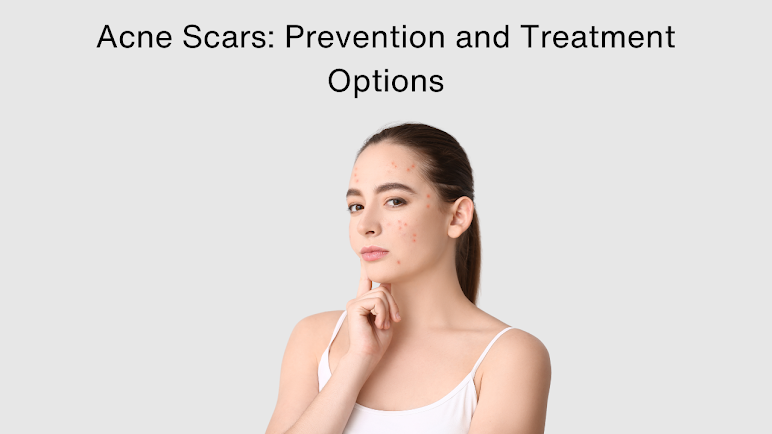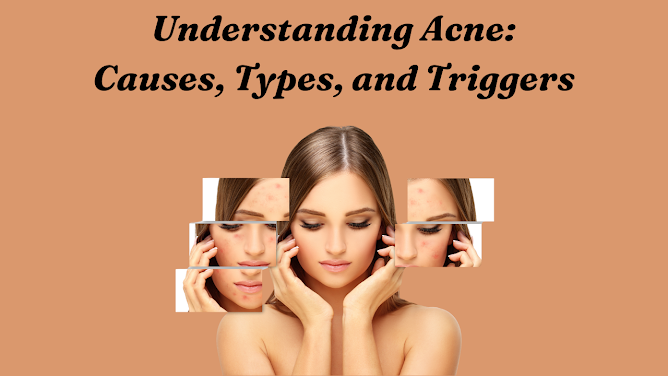Acne Scars: Prevention and Treatment Options

Acne scars can be a persistent reminder of past breakouts, affecting not just the skin's appearance but also an individual's self-esteem and confidence. While prevention is always preferable, sometimes acne scars are inevitable. However, understanding prevention strategies and treatment options can help manage and minimize their appearance, restoring a smoother and more even complexion. Prevention Strategies: Proper Skincare Routine: Maintaining a consistent skincare routine is key to preventing acne scars. This includes gentle cleansing twice daily with a mild cleanser suitable for your skin type. Avoid Picking or Squeezing: It's tempting to pick at acne, but this can worsen inflammation and increase the risk of scarring. Hands can introduce bacteria to the affected area, leading to infection and subsequent scarring. Use Non-Comedogenic Products: Opt for skincare and makeup products labeled as non-comedogenic, meaning they're less likely to clog pores and ca...




